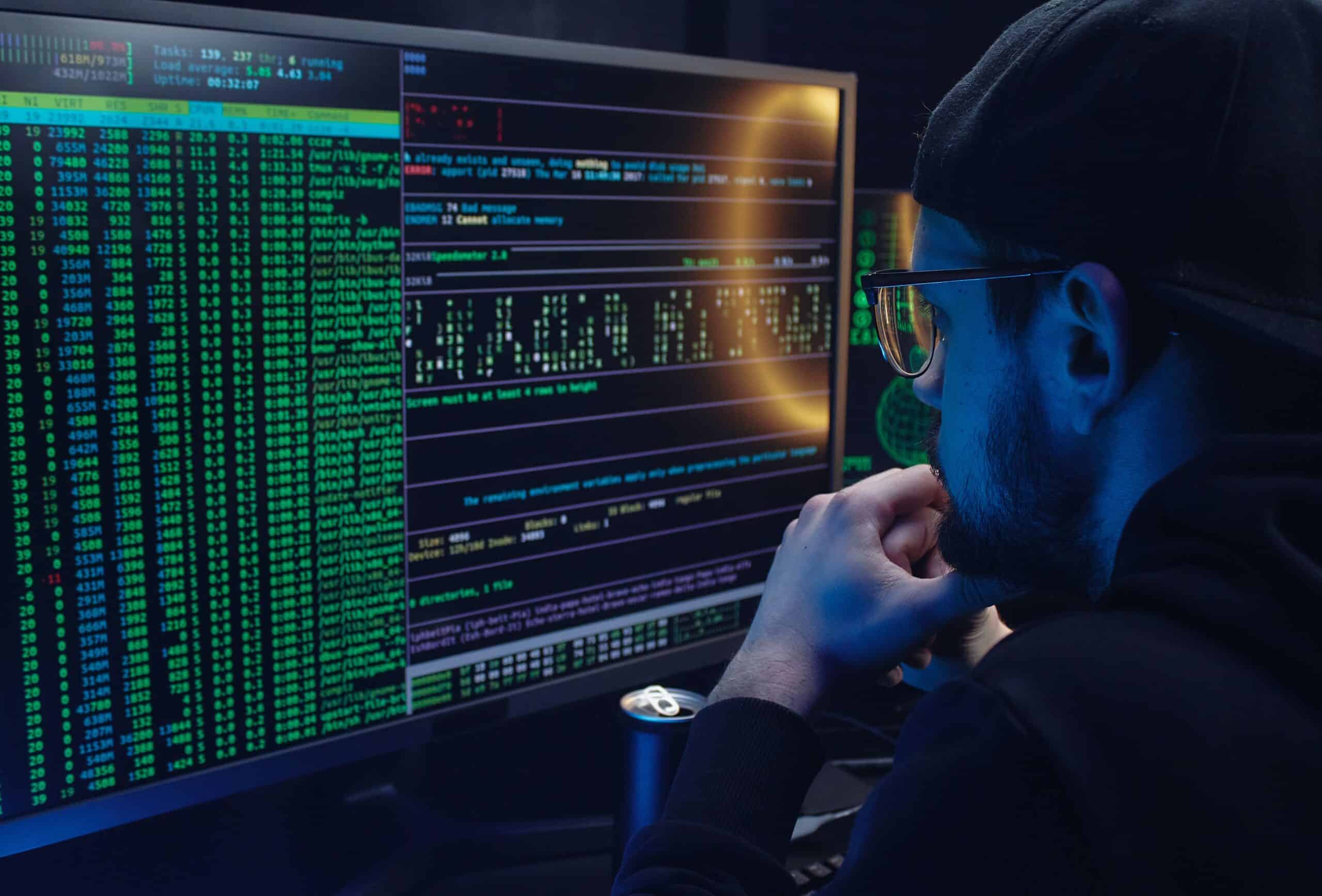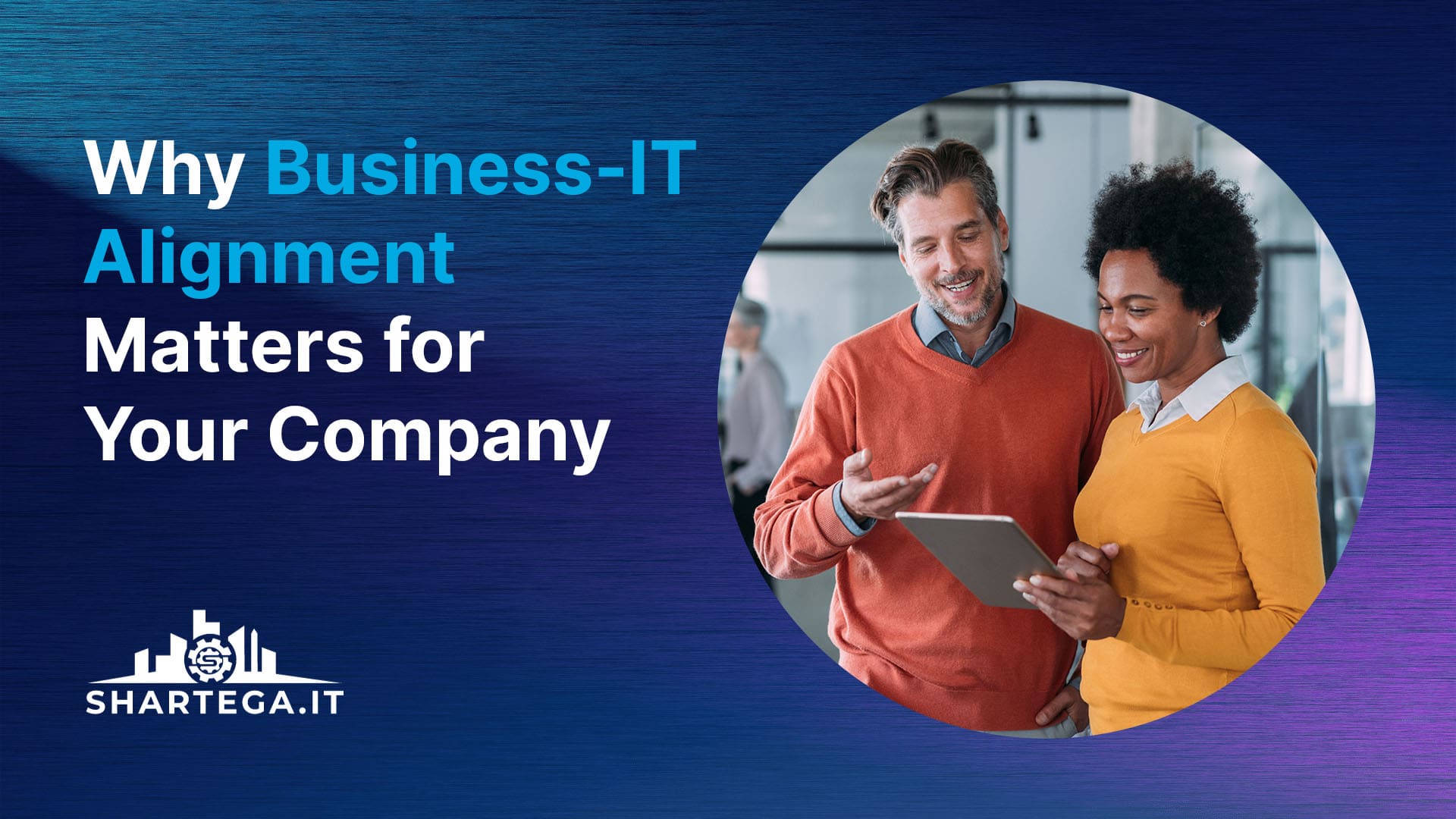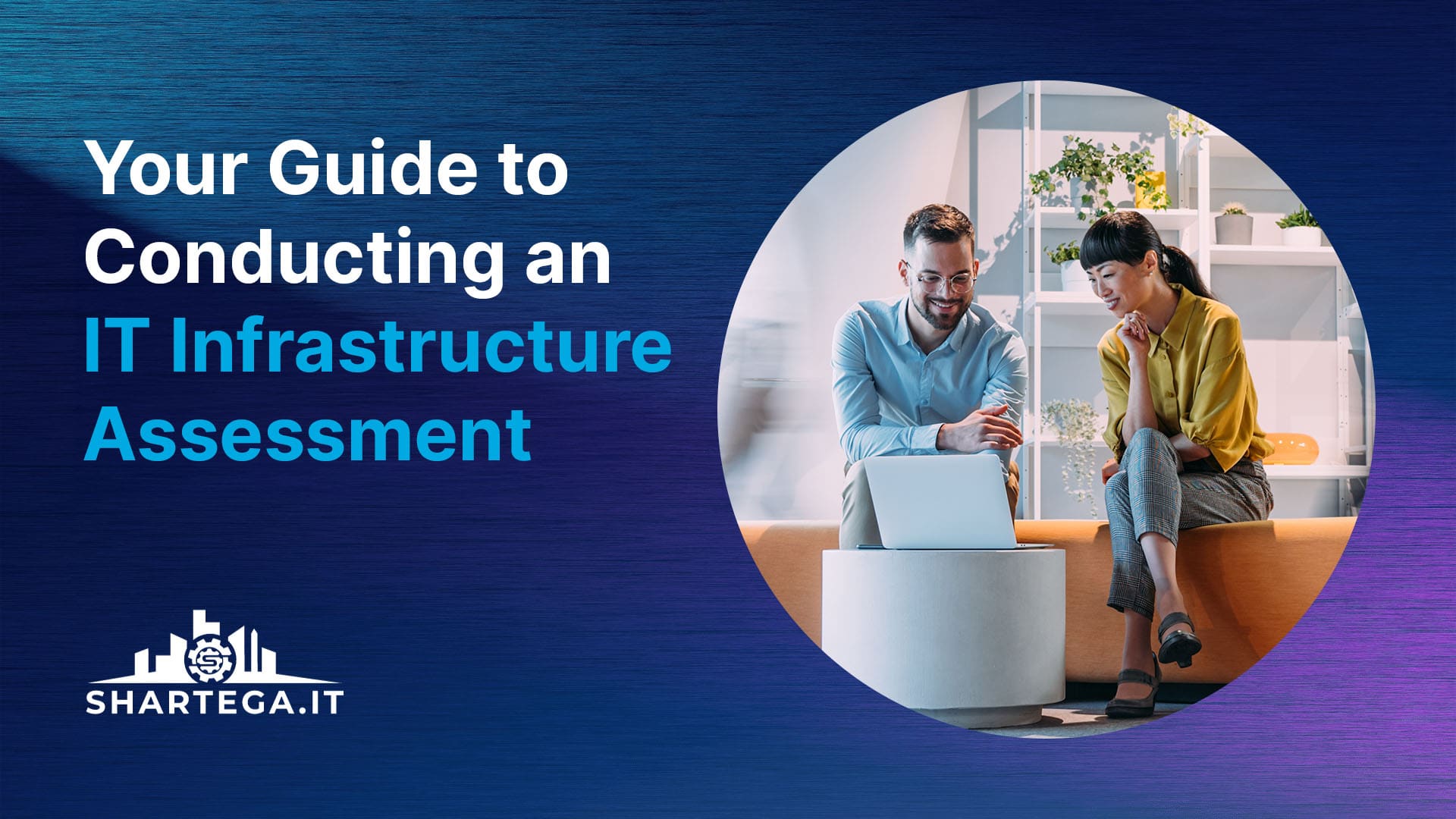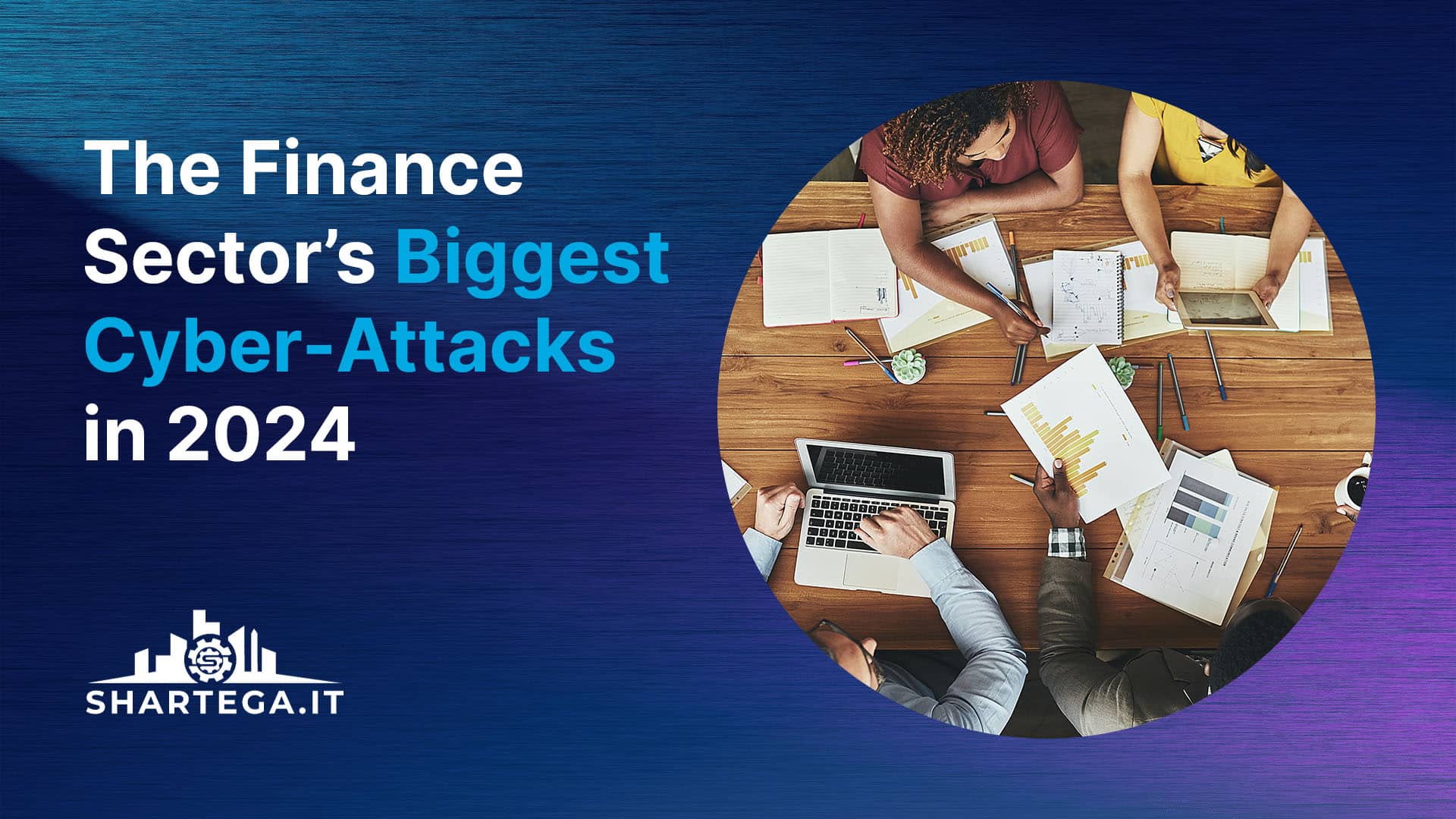You’ve probably heard about cybercriminals stealing personal data in data breaches every year. But what happens after that? Where does the data go?
Personal data is usually sold on the dark web to other cybercriminals or used to perform another attack that is larger in scale.
What Is The Dark Web?
The dark web is a part of the internet that is not accessible through normal search engines or web browsers and requires the use of a specialized web browser to gain access.
The dark web is home to a variety of criminal activity. This is where stolen credit card numbers, subscription credentials, bank account numbers and passwords, drugs, firearms, social security numbers, and much more are sold.
How Much Does Personal Data Cost?
According to the Dark Web Price Index 2021, a cloned credit card only costs $25. Gaining access to bank logins with an account balance of up to $5,000 will only cost a hacker $240 to obtain.
50 hacked PayPal account credentials can be had for $200, and hacked social media accounts such as Facebook, Instagram, Twitter, and Gmail are all less than $80 each.
A fake US green card goes for $150, a driver’s license is $100, and a valid social security number is only $2.
| Cloned credit card with PIN (Visa, MasterCard, American Express) | $25-$35 |
| Stolen online banking login with $2,000 in account | $120 |
| Hacked Facebook account | $65 |
| Forged US driver’s license | $100 |
| Fake US Green Card | $150 |
| Stolen PayPal account details, minimum $100 | $30 |
What Is Gift Card Fraud?
Around the holiday season, gift cards are an extremely popular purchase. If you don’t know what to get someone, you’re likely to grab a gift card for a store or restaurant. It’s easy and versatile.
Unfortunately, gift cards are also popular with cybercriminals. Gift cards are basically digital cash, and they are not attached to a specific person or account.
Scammers will go into retail stores with card readers, record the numbers of gift cards on display and put them back on the shelf. After somebody buys the card, they wait until a balance is loaded. When the balance shows up, the thief can use the card number online or make a copy of the physical card to use at a retail store.
If you are buying a gift card, try to pick one out from the back of the rack to avoid getting one that has been tampered with.
What You Can Do To Prevent This
Here are some things you should always be doing to avoid having your data stolen by cybercriminals.
Enable Multi-Factor Authentication (MFA)
Multi-factor authentication uses a second step of security after you enter your password, like a text message or using a phone app to grant you access to your account.
It may seem like a pain to have MFA enabled for everything, but biometric identification such as face ID or fingerprint ID make this a much smoother process compared to using a code sent to you by text message or email.
Use A Password Manager
Using a password manager like LastPass is not only much more convenient than having to write down all your passwords somewhere, but it can also generate complex, unique passwords for you every time you make a new account on a website.
Don’t Access Sensitive Information on Public Wi-Fi
Public Wi-Fi usually doesn’t use any encryption, so this makes users an easy target for hacking. You shouldn’t access information like your bank account while on a public network unless you are using a VPN and an antivirus program with a firewall.
Shartega IT offers dark web monitoring as part of our Complete IT package. If your company’s information is stolen and circulated on the dark web, we will be able to notify you. If you’d like to chat about Complete IT for your business, book a discovery call with one of our IT experts.





